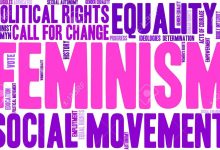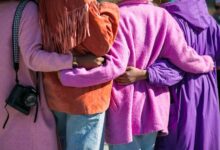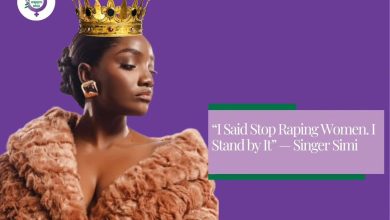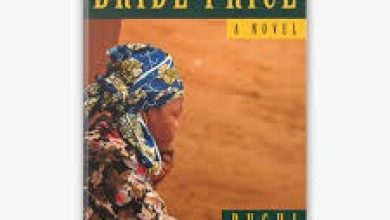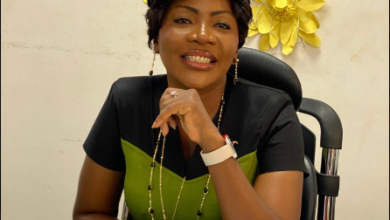
|
Getting your Trinity Audio player ready...
|
On September 24, 2025, the Innocent Chukwu Emeka Chukwuma Empowerment Foundation (ICCEF) hosted an intergenerational dialogue mentoring session. Themed “Feminism & Women’s Human Rights Across Generations: Successes & Challenges,” the virtual event brought together feminist leaders and women activists for a robust conversation on women’s rights and the importance of building bridges across generations.
Welcoming participants, Ms Ayo Olarenwaju, Programme Manager at ICCEF and moderator, noted that the dialogue was more than just a discussion but a step toward building stronger feminist movements where knowledge, strategies, and experiences are shared.
Co-moderator Ms Josephine Ettah-Chukwuma reflected on the life and legacy of Innocent Chukwuma, on whose vision the foundation is built. She recalled his belief in women’s rights, noting his famous signature pledge: “I will not serve as a panellist at a public conference when there are no women on the panel.”
The dialogue featured two guest speakers: Ms Priscilla Usiobaifo, a sexual and Reproductive Health Advocate and Founder/Executive Director of BraveHeart Initiative for Youth & Women (BHI), and Ms Bunmi Dipo-Salami, Executive Director of BAOBAB for Women’s Human Rights, former Commissioner for Women Affairs in Ekiti State, and renowned feminist. Ms Bunmi represented Generation X, while Priscilla represented the Millennials.
Opening the floor for discussion, Bunmi shared that her feminist journey began long before she even knew the word feminism. Growing up as the last child in a polygamous household, she learned independence from her mother.
She recalled a childhood memory of a friend who was forced to marry an older man even though she wanted to study law, an experience that fueled her determination to ensure women around her had choices and autonomy.
“Feminism is not just a theory you read in a classroom. It is about action, about voice, and about making sure women are treated as full citizens with equal dignity and rights,” Ms Bunmi said.
Meanwhile, Ms Priscilla explained that her mother and sisters raised her in a feminist household. She too embodied feminist values before claiming the label. During her internship at BAOBAB, she then embraced the movement as a political choice.
“For me, feminism is about promoting humanity, rooted in agency, choice, and dismantling patriarchal systems. Women’s rights are human rights, and rights must remain universal regardless of sex, religion, or financial status.”
Ms Priscilla shared on the importance of investing in girl-child education and how terms like “wife battering” evolved into the globally recognised issue of femicide. She also reminisces on the personal costs of advocacy, as she shared her experiences of online attacks, stigma, and predictions that her feminism would leave her single. However, stressed the need to reject marriage as a measure of feminist success and instead focus on empowerment and agency.
The women’s rights expert informed participants of the constant resistance women in the feminist movement faced in their generation, from men, religious groups, and even other women conditioned to see themselves as second-class citizens. Ms Bunmi then noted that despite these challenges, her generation succeeded in carving out spaces for women’s voices.
However, she urged that the work must continue. She highlighted the persistence of sexual and gender-based violence, femicide, the low political participation of women, sextortion, and the growing gap between generations.
On strategies for progressing in the movement, Ms Priscillia emphasised the importance of constant learning and encouraged participants to read widely, such as the Feminist Africa Journal. She also stressed the need for intergenerational collaboration and mentoring. Meanwhile, Ms Bunmi encouraged feminists to focus on broadening awareness of women’s rights, implementing protective policies, using social media to tackle online violence, and strengthening grassroots movements.
In alignment with cross-generation talk, participants contributed insights on men’s role in feminism, the urgent need for women’s safety, especially in rural areas, the importance of collaboration among young feminists, and the integration of self-care into organisational work.
The session ended with a highly intellectual conversation, which energised panellists and participants to continue advocating for gender equality.
